OpenAI’s Big Bet That Jony Ive Can Make AI Hardware Work

Io, a firm Ive and Sam Altman cocreated, will now merge with OpenAI.

Io, a firm Ive and Sam Altman cocreated, will now merge with OpenAI.

Mark Brown, who posts game explainers to his Game Maker’s Toolkit channel, says his persona has been plagiarized.
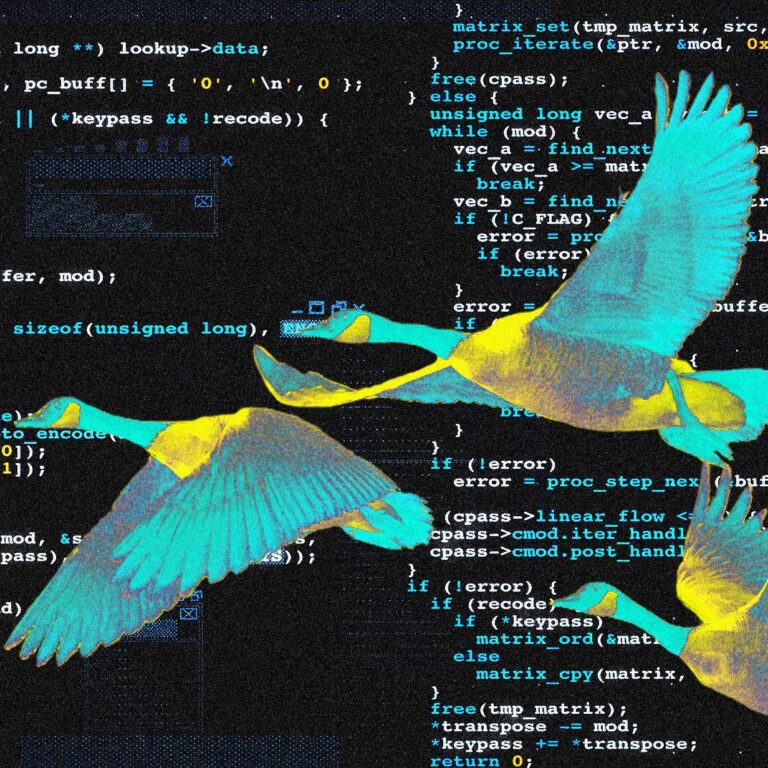
Jack Dorsey’s company went all-in on agents by deploying one capable of building software—and occasionally deleting stuff.

In her new book Empire of AI, journalist Karen Hao chronicles the anxieties around the OpenAI office in its early days.
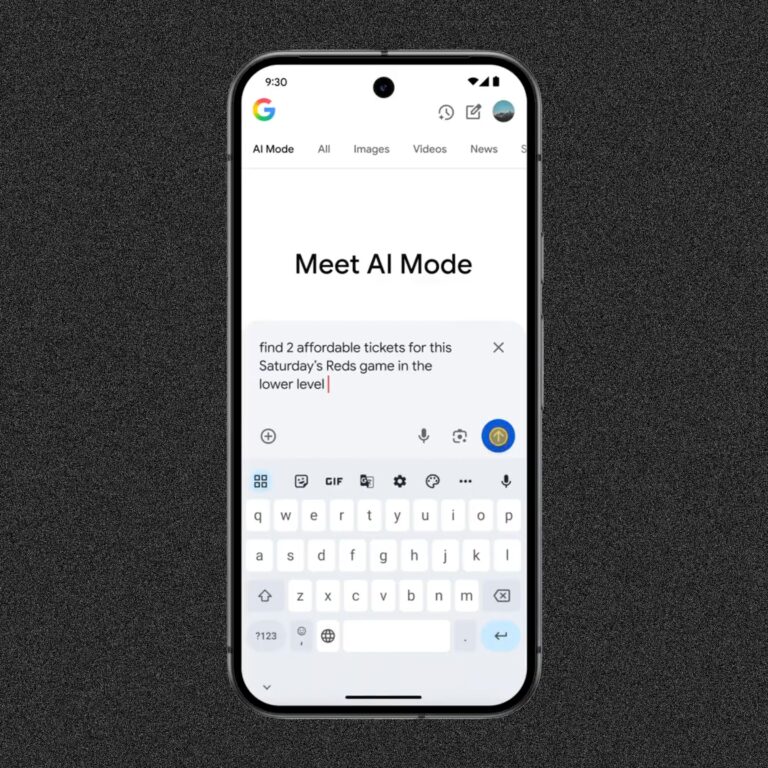
Google’s new chatbot-style AI Mode search experience, previously an experiment, is launching for US users. Publishers and marketers will have to adjust their search strategies once again.

Google’s AI models are learning to reason, wield agency, and build virtual models of the real world. The company’s AI lead, Demis Hassabis, says all this—and more—will be needed for true AGI.

The AI doomer and the AI boomer both created each other’s monsters. An excerpt from The Optimist: Sam Altman, OpenAI, and the Race to Invent the Future.

A chart-topping jazz album! Loads of Spotify and Apple Music plays! Just one problem: The success might not be real.

People are turning to generative AI to sort out their interpersonal conflicts, but some say it’s heightening their anxiety.
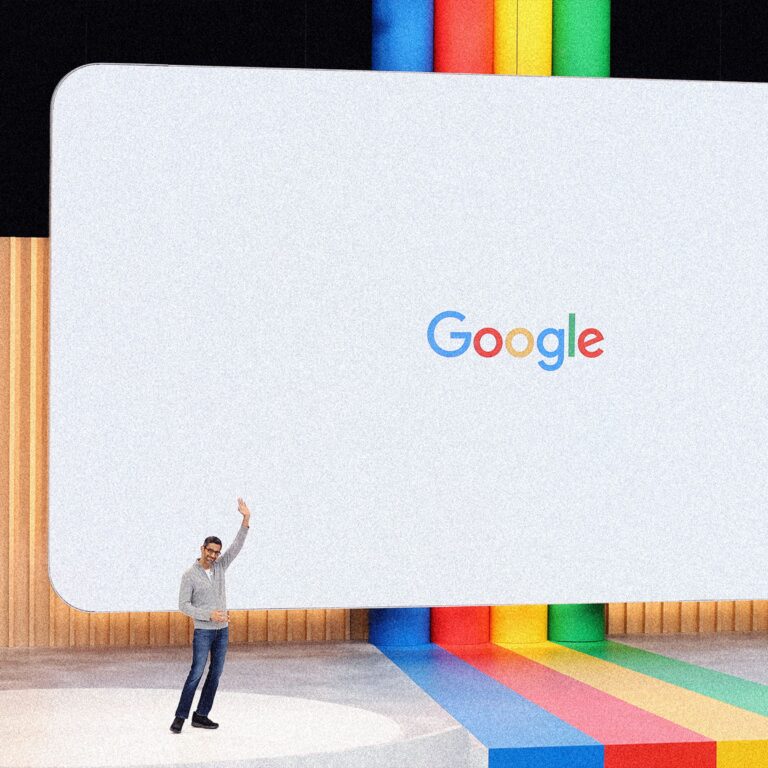
The annual developer conference kicks off with a keynote address on Tuesday. Look out for updates on Android, Gemini, Search, and Google’s latest forays into XR.

Format Boy makes a living teaching Yahoo Boys, notorious West African scammers, how to use AI and deepfake technology to ensnare their next victims.

Others have found more subtle ways to fool the AI into giving problematic responses.
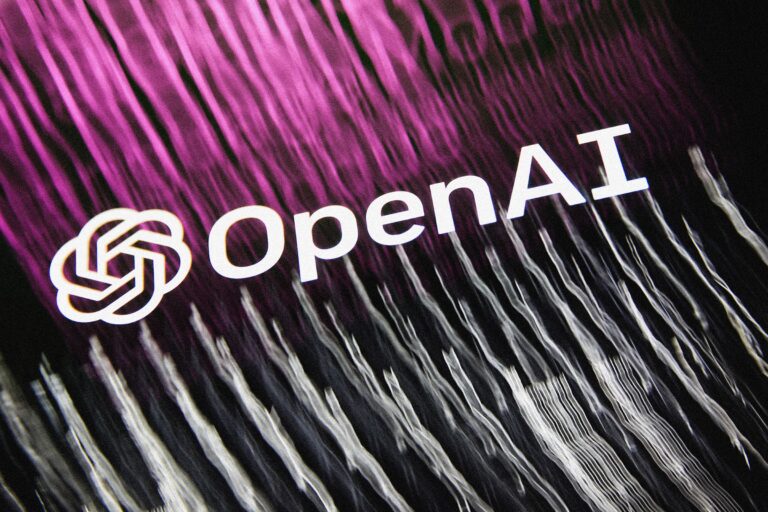
As vibe coding takes off, OpenAI says Codex will help advanced developers automate chores in a safe and explainable way.

In a commencement speech at Temple University, I shared my views on how new college graduates can compete with powerful artificial intelligence.

The UAE and Saudi Arabia are investing billions in US AI infrastructure. The deals could help the US in the AI race against China.
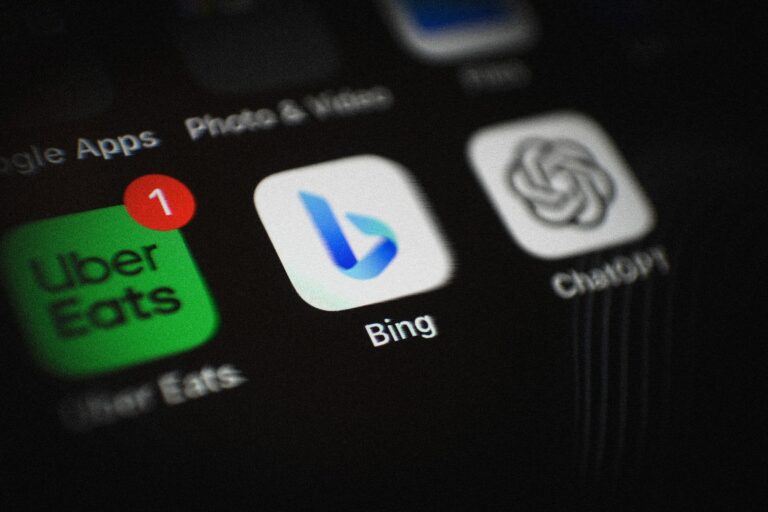
Microsoft is limiting access to tools that boosted its rivals, but larger customers like DuckDuckGo say they won’t be affected.

Martha Wells’ book series uses wry humor to tell a story about artificial intelligence, humanity, and free will. The Apple TV+ adaptation tries to do the same—with mixed results.

A new system that combines Gemini’s coding abilities with an evolutionary approach improves datacenter scheduling and chip design, and fine-tunes large language models.

A new extra-secure mode for Android 16 will let at-risk users lock their devices down.

Google teased all the new features coming to its mobile operating system ahead of next week’s I/O conference.
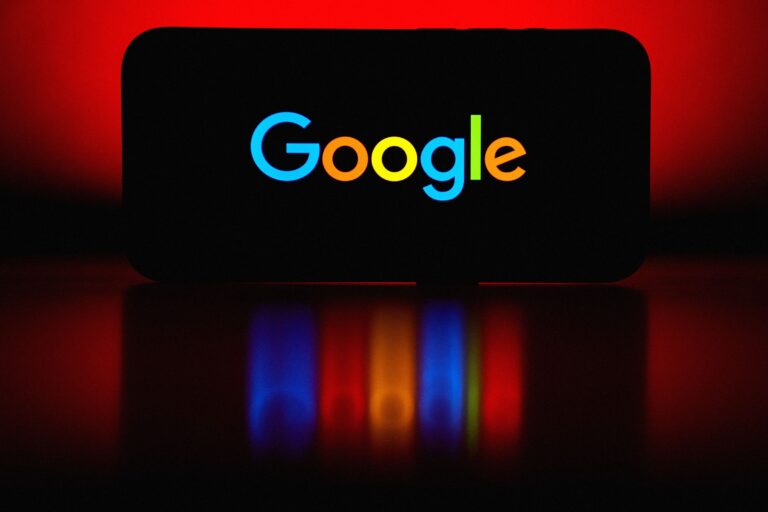
Android’s “Scam Detection” protection in Google Messages will now be able to flag even more types of digital fraud.

In a rare moment of global consensus, AI researchers from the US, Europe, and Asia came together in Singapore to form a plan for researching AI risks.
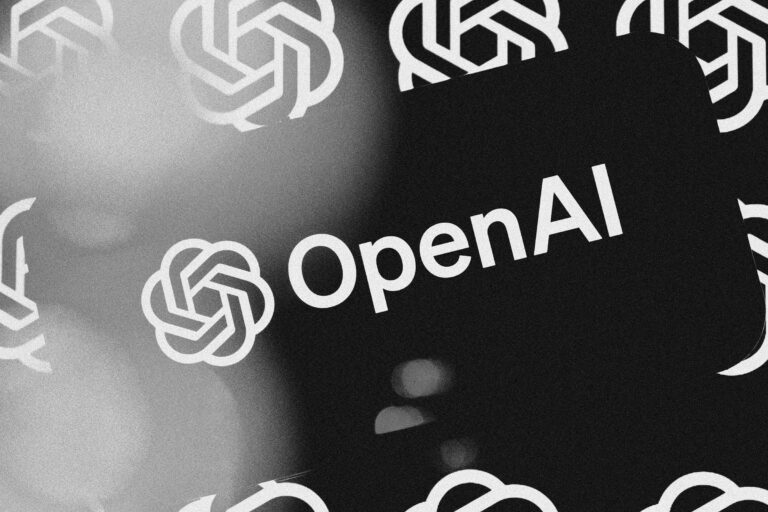
High-ranking OpenAI employees have met with the FDA multiple times in recent weeks to discuss AI and a project called cderGPT.

Vulcan, a robot with tactile senses, is a step toward automating more of picking and stowing work done by humans inside Amazon’s fulfillment centers.

The startup behind ChatGPT is going to remain in nonprofit control, but it still needs regulatory approval.

If you missed WIRED’s live, subscriber-only Q&A focused on the software features of ChatGPT, hosted by Reece Rogers, you can watch the replay here.

Forget Mark Zuckerberg’s vision of VR meetings; the industrial metaverse bridges digital and physical worlds in a way that’s actually useful.

In its push for “efficiency,” DOGE has leaned increasingly on AI—regardless of whether it makes any sense. And it’s using it as an imperfect means to destructive ends.

A startup founder told a Palantir alumni Slack group that AI agents could do the work of tens of thousands of government employees. He was met with emojis of clowns and a man licking a boot.

A WIRED investigation found that dozens of YouTube channels are using generative AI to depict cartoon cats and minions being beaten, starved, and sexualized—sparking fears of a new Elsagate wave.

The Covid-19 pandemic showed just how vulnerable global supply chains are. Climate shocks could pose an even greater risk.

A group of activists is turning to an old playbook to influence the future of one of the world’s most powerful AI companies.

Meta’s contentious AI copyright battle is heating up—and the court may be close to a ruling.
People are using ChatGPT’s new image generator to take part in viral social media trends. But using it also puts your privacy at risk—unless you take a few simple steps to protect yourself.
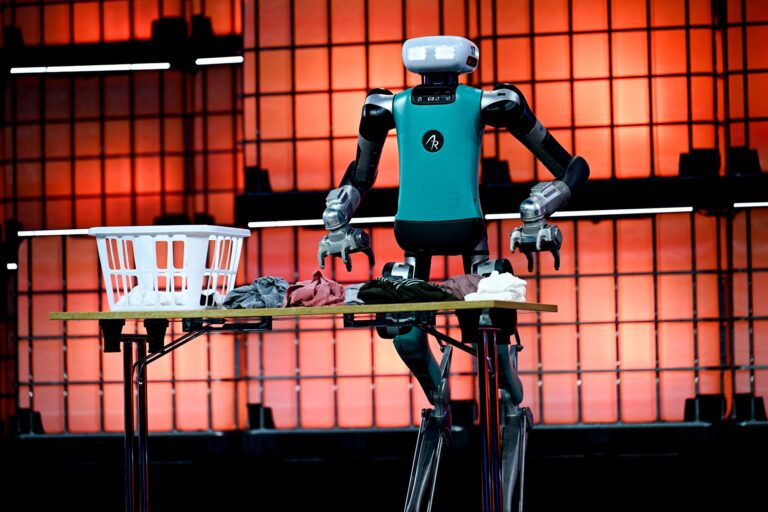
Long confined to the lab, humanoids finally appear ready to work in manufacturing. There are just a few hurdles to get them to market.

For years, North Korea has been secretly placing young IT workers inside Western companies. With AI, their schemes are now more devious—and effective—than ever.

A DOGE operative has been tasked with using AI to propose rewrites to the Department of Housing and Urban Development’s regulations—an effort sources are told will roll out across government.

A new study found that code generated by AI is more likely to contain made-up information that can be used to trick software into interacting with malicious code.

A new crowd-trained way to develop LLMs over the internet could shake up the AI industry with a giant 100 billion-parameter model later this year.

WhatsApp’s AI tools will use a new “Private Processing” system designed to allow cloud access without letting Meta or anyone else see end-to-end encrypted chats. But experts still see risks.

Liking features on social media can provide troves of data about human behavior to AI models. But as AI gets smarter, will it be able to know users’ preferences before they do?

Italian essayist Andrea Colamedici tells WIRED Hypnocracy: Trump, Musk, and the New Architecture of Reality was a “philosophical experiment and a performance.” The book’s Chinese author does not exist.

Poorly maintained sewers can have disastrous consequences, but regular inspections can be time-consuming, expensive, and dangerous. The solution: subterranean dung drones.

Looking for the CliffsNotes of a lengthy YouTube video? This Gemini feature could be worth a try.

Social Security workers are being asked to use an AI chatbot. An animated video on how to do so failed to mention that the chatbot can’t be trusted with personally identifiable information.

Perplexity? Gemini? Copilot? The Razr Ultra will have it all optimized for its flippy, folding screen.

Google’s AI Overviews feature credible-sounding explanations for completely made-up idioms.

Margaret Mitchell, an AI ethics researcher at Hugging Face, tells WIRED about a new dataset designed to test AI models for bias in multiple languages.

Only four of the 21 robots in the race crossed the finish line, highlighting just how far humanoids are from keeping up with their real human counterparts.

When an AI model for code-editing company Cursor hallucinated a new rule, users revolted.

In a document published Thursday, ICE explained the functions that it expects Palantir to include in a prototype of a new program to give the agency “near real-time” data about people self-deporting.

Massive Blue is helping cops deploy AI-powered social media bots to talk to people they suspect are anything from violent sex criminals all the way to vaguely defined “protesters.”

WIRED’s advice columnist pushes back on the idea that ChatGPT and other generative AI software tools foster connections with other people.

A new AI agent from the startup Simular switches between different AI models depending on the task at hand.

AI tools have arrived in two of the most basic and long-serving Windows utilities. Here’s what they do and how you can turn them off if you prefer.

GPT 4.1, GPT 4.1 Mini, and GPT 4.1 Nano are all available now—and will help OpenAI compete with Google and Anthropic.
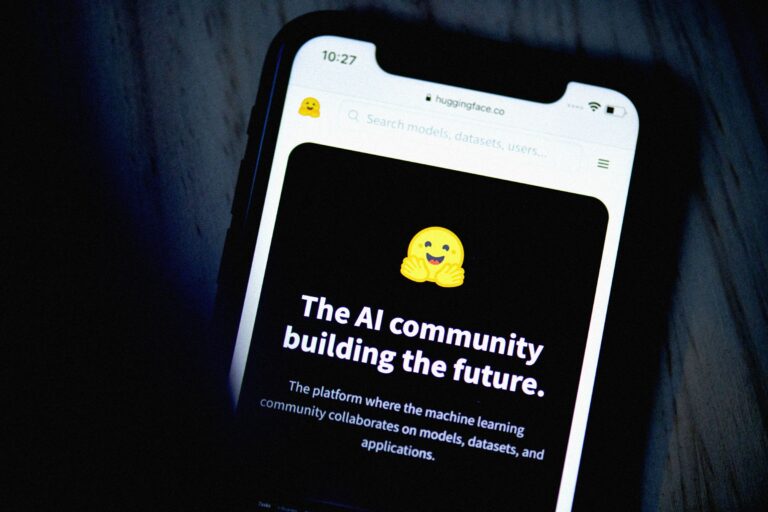
Hugging Face has acquired the open source robot startup Pollen Robotics to help “democratize” robotics.

Larger models can pull off a wider variety of feats, but the reduced footprint of smaller models makes them attractive tools.

For the past three days, DOGE and a handful of Palantir representatives, along with dozens of career IRS engineers, have been collaborating to build a “mega API,” WIRED has learned.

Some misconfigured AI chatbots are pushing people’s chats to the open web—revealing sexual prompts and conversations that include descriptions of child sexual abuse.

Zico Kolter, a Carnegie Mellon professor and board member at OpenAI, tells WIRED about the dangers of AI agents interacting with one another—and why models need to be more resistant to attacks.

An executive order intended to give coal a boost ignores the reality not only of where energy markets are going, but where they are today.

New research from Stanford suggests artificial intelligence isn’t ruled by just OpenAI and Google, as competition increases across the US, China, and France.
While the White House carved out a narrow exemption for some semiconductor imports, President Donald Trump’s sweeping tariffs still apply to GPUs and chipmaking equipment.

A DOGE operative at the Department of Veterans Affairs appears to be trying to use an AI tool to write code for the agency’s systems, among other proposals.
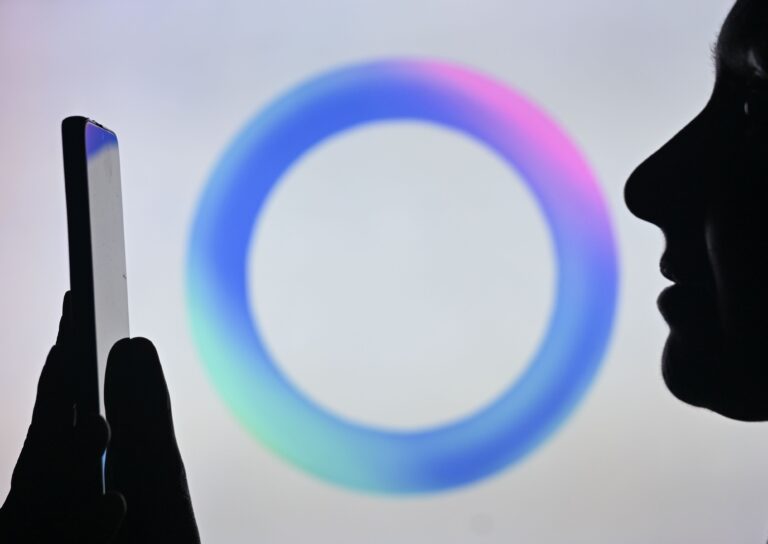
Meta’s in-app chatbot add-on is rolling out in more countries. Here’s what you need to know, including how to get rid of it.

A new platform from data training company Scale AI will let artificial intelligence developers find their models’ weak spots.

The academic and author discusses what to expect from the singularity, the need for AI self-correcting mechanisms, and what hope there is for superintelligence safeguarding democracy.
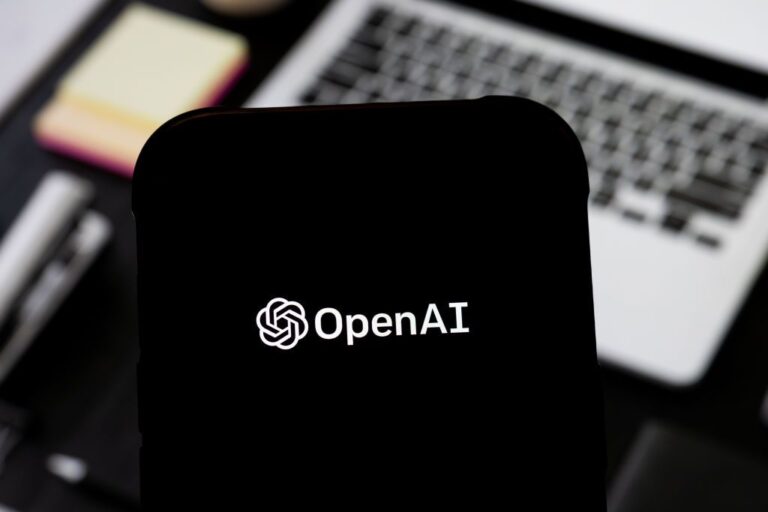
The news follows the breakout success of DeepSeek and growing pressure from rivals like Meta.

Led by a former OpenAI executive, Amazon’s AI lab focuses on the decisionmaking capabilities of next-generation software agents—and borrows insights from physical robots.

Subscribers can now organize their conversations with the AI assistant into neat little folders.

An unsecured database used by a generative AI app revealed prompts and tens of thousands of explicit images—some of which are likely illegal. The company deleted its websites after WIRED reached out.

Elon Musk said he borrowed the name from a 1960s science fiction novel, but another AI startup applied to trademark it before xAI launched its chatbot.

Social platform X struggled after Elon Musk took over, but its fortunes improved dramatically after US President Donald Trump won reelection. Now it will be become part of Musk’s AI startup xAI.

Social Security systems contain tens of millions of lines of code written in COBOL, an archaic programming language. Safely rewriting that code would take years—DOGE wants it done in months.

Researchers looked inside the chatbot’s “brain.” The results were surprisingly chilling.

The brother goes on vision quests. The sister is a former English major. Together, they defected from OpenAI, started Anthropic, and built (they say) AI’s most upstanding citizen, Claude.

WIRED’s advice columnist considers whether trying to remove your data and information from generative AI tools could lessen your impact on the technology.
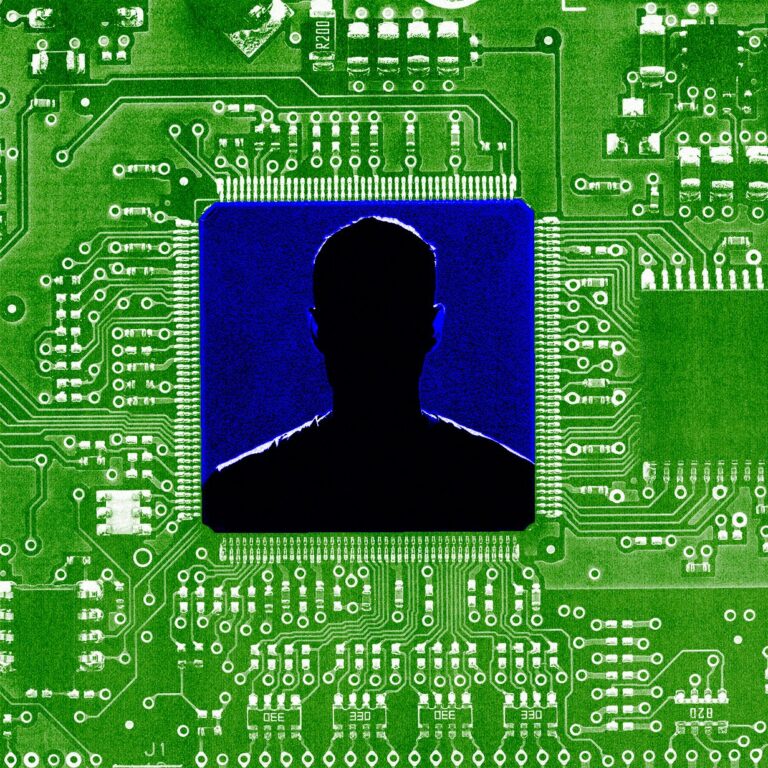
Challenging the world’s most successful chipmaker with an entirely new type of computer chip may seem absurd—but it is no more ridiculous than the AI race itself.
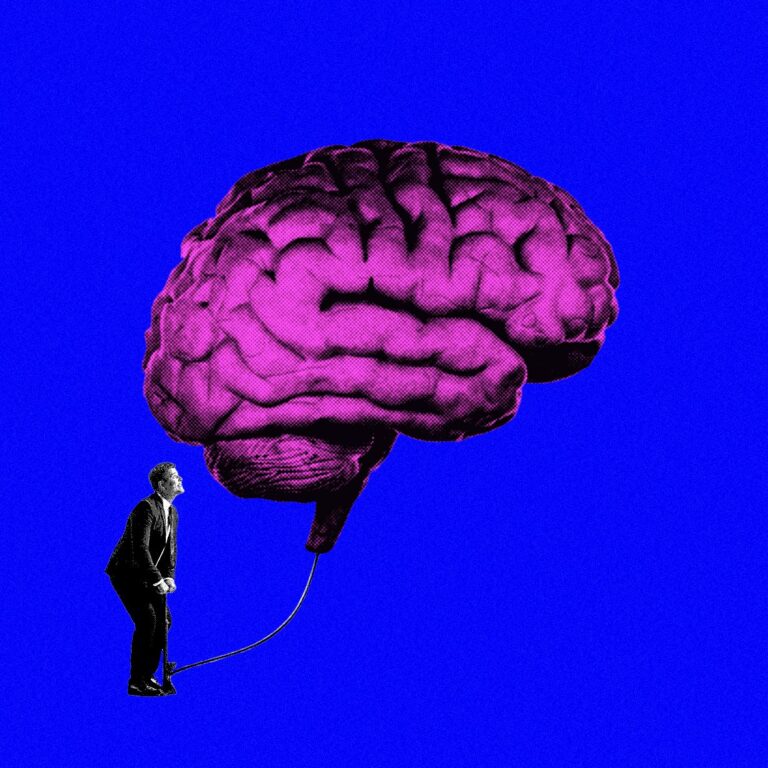
Using several recent innovations, the company Databricks will let customers boost the IQ of their AI models even if they don’t have squeaky clean data.

We surveyed 730 coders and developers about how (and how often) they use AI chatbots on the job. The results amazed and disturbed us.

What happens when quantum computers can finally crack encryption and break into the world’s best-kept secrets? It’s called Q-Day—the worst holiday maybe ever.
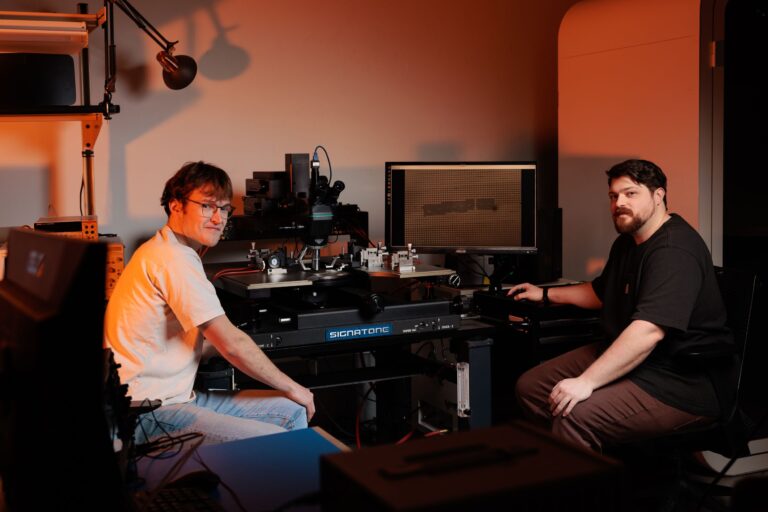
Guillaume Verdon is building a new kind of chip to accelerate AI. His alter ego wants to accelerate humanity itself.

Create pictures from text prompts with iOS, iPadOS, and macOS.

The Siri that was promised back in 2011 never quite materialized. Now the big upgrade promised as part of Apple Intelligence is delayed “indefinitely.” Why can’t Apple get Siri right?

WIRED tested the popular AI video generator from OpenAI and found that it amplifies sexist stereotypes and ableist tropes, perpetuating the same biases already present in AI image tools.
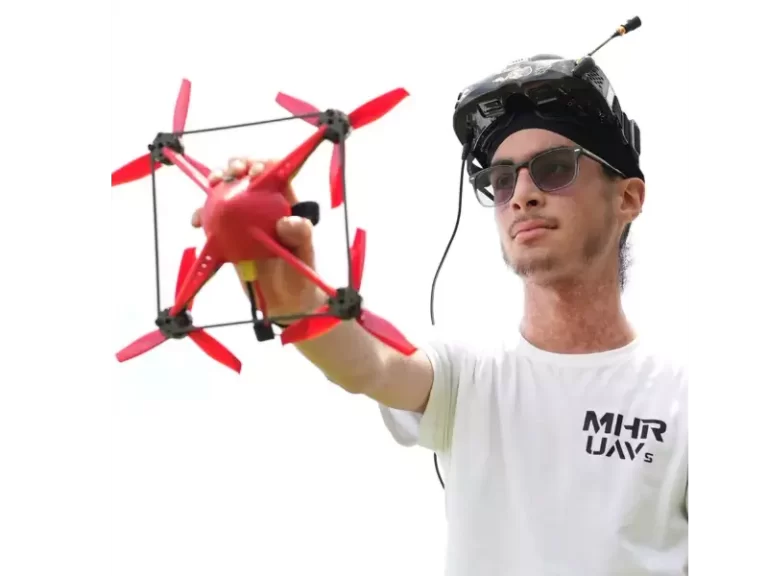

Even as Yahoo turns 30, CEO Jim Lanzone says the company is still in “building mode.”

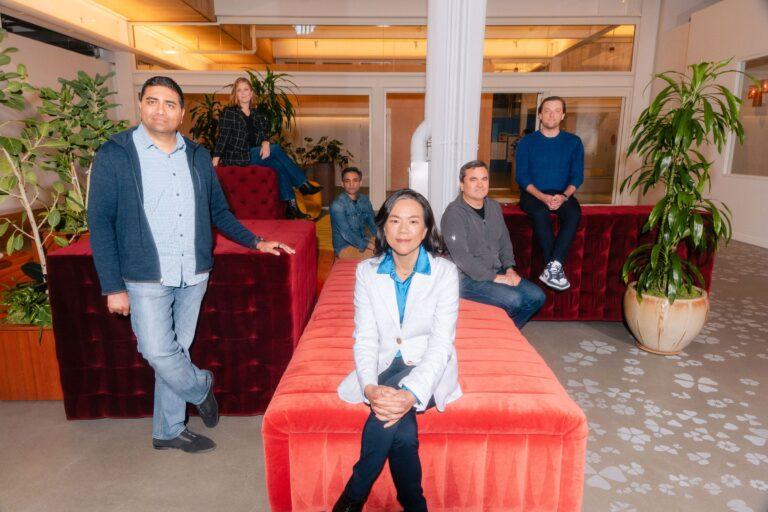
The search giant should’ve been first to the chatbot revolution. It wasn’t. So it punched back with late nights, layoffs—and lowering some guardrails.

Leaked chats obtained by WIRED detail plans for the General Services Administration—and the staff’s angry response.
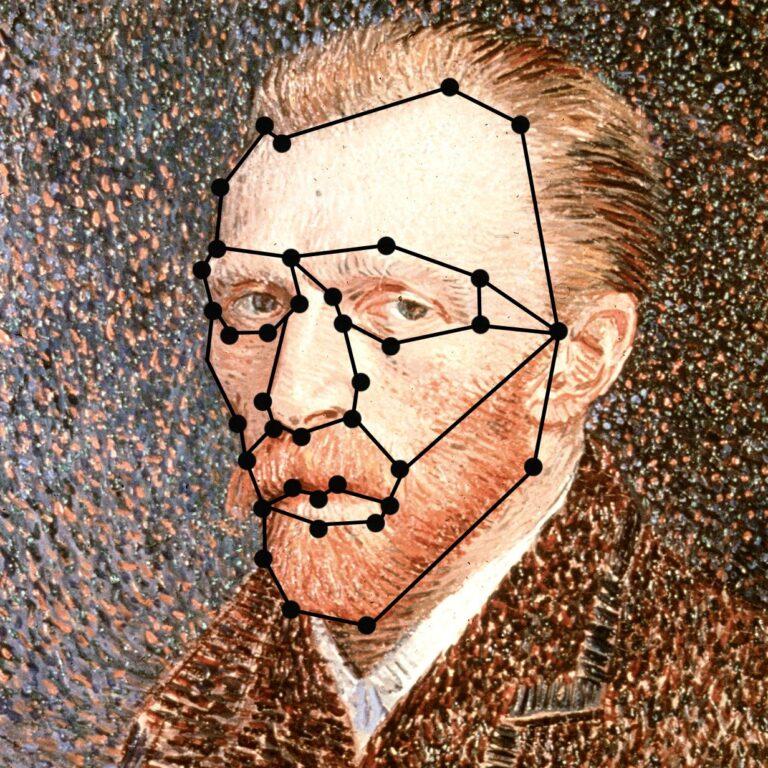
A dubious “Van Gogh” has sparked a battle between technology, connoisseurs, and the high-stakes art market. What does AI, which is transforming art authentication, have to say about the verdict?

Samsung Galaxy A55 offers 12GB RAM, 50MP camera, 25W charging at Rs 39,999. Vivo V30 Pro, Rs 41,999, features 12GB RAM, AMOLED display, MediaTek Dimensity 8200, 80W charging. V30 Pro has IP67, 256GB storage.

AI-powered agents need to be connected all the time to be truly effective. Sounds like a job for satellite internet providers.

iQoo set to launch Z9 Turbo with 1.5K display, Snapdragon 8s Gen 3 chipset, 6000mAh battery, 144Hz refresh rate, 50MP dual camera, 80W fast charging at Rs 19,999.

Introduction In our fast-paced, ever-evolving digital landscape, technology is at the forefront of our daily lives, shaping the way we connect, work, and explore the world. Curiosity is a driving force behind the constant quest for knowledge, and as the…